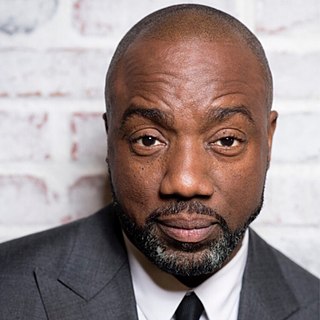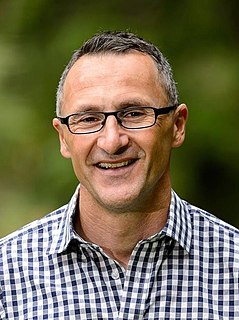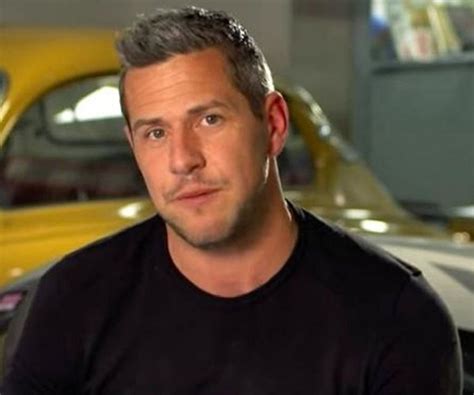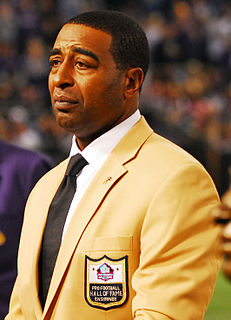A Quote by Malik Yoba
We live in a world where mental health is real. Emotional health is real, and people feel like no one cares.
Quote Topics
Related Quotes
I've obviously come from a health background. I was a doctor before I became a pollie and one of the things I'd like to do is to really build on the world-class health system we've got. I'm passionate about climate change because it's also a health issue. Things like extreme weather impact on people's health, the ability of our hospitals to cope, the impact on mental health, on farmers in regional areas - they're all serious health concerns.
Mental strength is not the same as mental health. Just like someone with diabetes could still be physically strong, someone with depression can still be mentally strong. Many people with mental health issues are incredibly mentally strong. Anyone can make choices to build mental strength, regardless of whether they have a mental health issue.
One of the things we need to do is address mental health care as an integral part of primary care. People often aren't able to navigate a separate system, so you see successful models where a primary care physician is able to identify, diagnose, and concurrently help people get mental health treatment who have mental health issues.
I want us to be judged by the impact we have on the health of the people of Africa and the health of women. Improvements in the health of the people of Africa and the health of women are key indicators of the performance of WHO. This is a health organization for the whole world... But we must focus our attention on the people in greatest need.
One of the issues I think is very important, in many communities of color, there's a stigma about mental health. We find that the shaming that comes from acknowledging that one may have some issues that may relate to mental health, often people are not willing to go and seek additional help because of that shaming or that cultural stigma that's associated with it. And I think that we need to make this change in how people approach mental health.



































